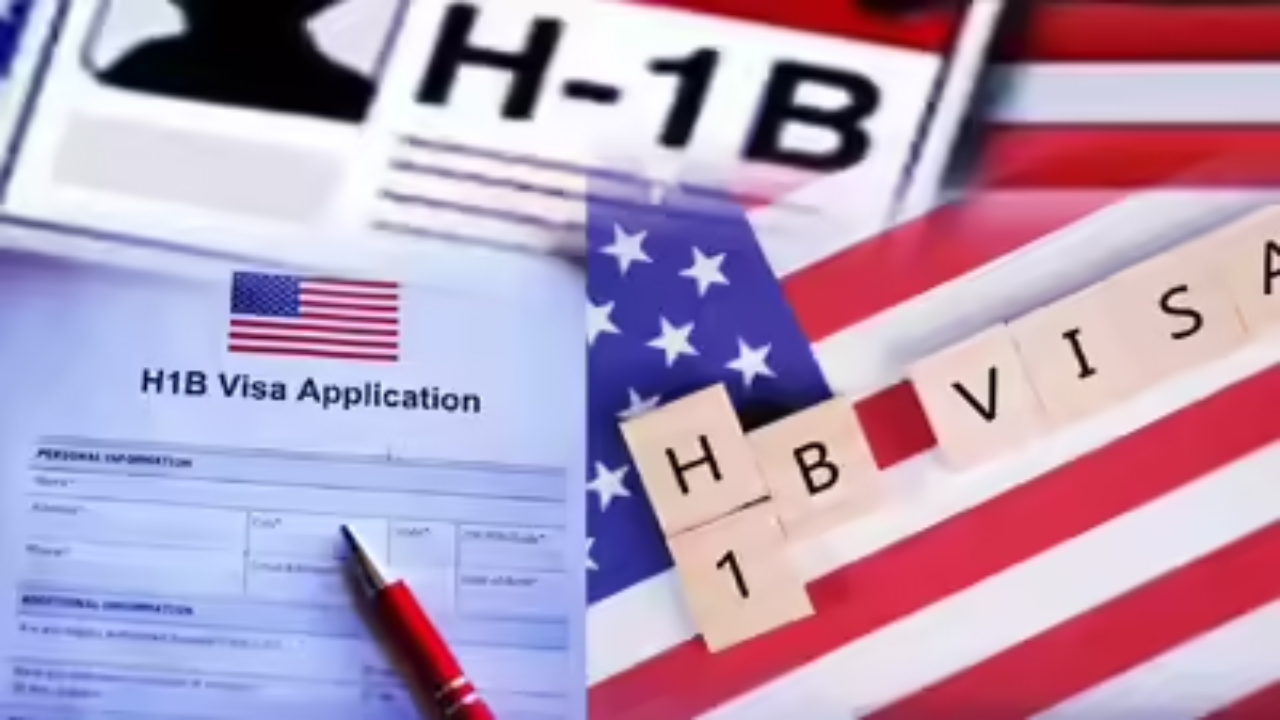Proposed H-1B Fee Hikes and Policy Uncertainty Divert Indian Students to UK, Canada, and Australia
The proposed H-1B fee hike and ongoing policy uncertainty are actively reshaping the global talent pipeline, diverting skilled professionals away from the U.S. towards more stable and predictable immigration pathways in other developed nations.

Subscribe to our newsletter and stay informed about latest H1B news, policy updates and and other developments.
Article Summary
Indian students, particularly from Bengaluru, are rethinking their pursuit of US education due to proposed H-1B visa cost increases and policy uncertainty. This shift is leading them to consider alternative study and work destinations like the UK, Europe, and Australia, impacting university partnerships and student applications. Experts note the increasing complexity and expense of the US visa process, prompting students to seek more transparent and affordable options abroad.
Original Article: timesofindia.indiatimes.com
[ Sentiment: negative | Tone: factual ]
This summary and analysis were generated by TheNewsPublisher's editorial AI. This content is for informational purposes only; it does not constitute legal or immigration advice.
[ Sentiment: negative | Tone: factual ]
This summary and analysis were generated by TheNewsPublisher's editorial AI. This content is for informational purposes only; it does not constitute legal or immigration advice.
TNP AI: Key Insights
This news signals a critical shift in the global talent pipeline, directly impacting the future availability of skilled professionals for U.S. employers, particularly in tech. For employers, this means increased competition for talent and a potential long-term deficit if the U.S. continues to be perceived as an unstable destination, while for students, it highlights the growing importance of evaluating diverse international opportunities.
The proposed $100,000 H-1B filing fee builds on a trend of rising visa costs and heightened scrutiny over recent years. Historically, H-1B fees were significantly lower, offering a more predictable and accessible path from U.S. education to employment.
This trend parallels broader global competition for skilled talent, where countries like Canada, Australia, and the UK have actively refined their skilled worker visa programs to offer clearer and more predictable pathways to permanent residency, contrasting with the often-politicized U.S. system.
For U.S. universities, this shift could lead to declining international student enrollment. For the U.S. economy, a sustained diversion of skilled talent could stifle innovation, particularly in STEM fields, and slow economic growth as other nations benefit from this influx of educated professionals.
Should these proposed fee hikes or similar restrictive policies materialize, the U.S. risks losing its competitive edge in attracting top global talent. This could spur further legislative efforts in other countries to capitalize on the uncertainty, making their immigration pathways even more appealing and potentially forcing U.S. policymakers to reconsider their approach.




